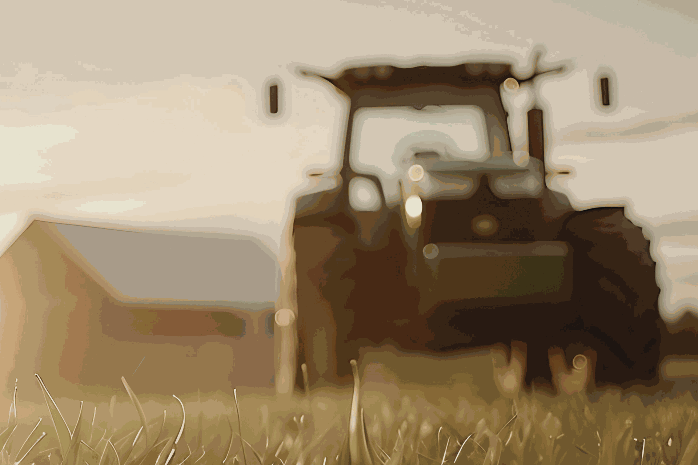Are you an educational institute or VET provider and do you want to start engaging your students in on-farm experimentations (OFE)?
SIMONE delivers an OFE Guide which can help you to explore the advantages of student engagement in OFE, guide you through the steps to take to organize your institution towards OFE. How to incorporate OFE within your curriculum design, while allowing sufficient flexibility to tailor to the region, expertise and interest, whether it is crop establishment, weed management, nutrient efficiency and/or the use of technology.
The SIMONE OFE Guide aims to establish a culture of getting students involved in OFE and levering the agro-ecological transition at regional level, meanwhile reducing innovation capacities disparities between regions Nort-West Europe.
Why integrating OFE in your study program?
From educational viewpoint the key aspect of OFE is not only investigating the effects of treatments but also overcoming the practical challenges of conducting experiments in a real farming environment. Learning to handle unforeseen circumstances such as field variability, weather conditions and farmer interactions, is as valuable as the scientific outcomes of the experiment itself. Students learn how agro-ecological measures function within the constraints and opportunities of an existing farming system.
Students will strengthen soft skills like problem-solving skills and project management. They learn to work independently in both familiar and unfamiliar situations and develop critical thinking by analyzing and evaluating information.
Last but not least. When conducting OFE, students can be encouraged to choose another farm than their family farm, their peers or their region. The exposure to new and unknown cultures, management techniques, farming systems, crops, … will be the greatest gift for them.
Checklist for OFE take-off

Set clear objectives, involve farmers early, align expectations and strive for long-term relationships
Clearly define the goals of the experiment. What do you aim to investigate, and how can this contribute to the farmer’s or business’s practices? Collaboration with farmers is crucial for OFE success. The experiment should align with their needs and field and farm realities. Communication throughout the OFE process is critical for the success of the OFE from a farmer, student and VET perspective. Make sure farmers and students understand the process of the OFE and its limitations. An OFE is not a scientific research. Discuss the expected outcomes to avoid disappointment about the process results. Assess the farmers perspective on the economic and ecological outcomes.

Train the students in both quantitative AND qualitative analytical skills
Farmers are looking for practical significance, rather than statistical significance, leading to actionable change. To achieve this, an equal importance must be given to both quantitative results like yield, quality, resources used, and qualitative results and interpretation like user-readiness of the farmer, post-project engagement, scalability to farm level, impact on the position of the farmer in the value chain, etc. Students need an open view on both aspects. Both agronomic, environmental, social and economic output indicators needs to be considered to measure agroecological impact.
There should be a clear understanding of the type of data to be collected and the required techniques and timeframe for data collection (e.g. critical crop stage). A proper understanding of the crop calendar is primordial to setting up a successful OFE.

Map and manage the risks
Risk assessment is a critical component when students engage in on-farm activities. Ensuring the safety and security of students requires a structured approach to identify and mitigate potential hazards. Additionally, students must be properly insured before participating in on-farm experiments. The outcomes of the risk analysis and the details of the insurance coverage must be formalized in a contract between the student and the farmer.
Want to learn more on the challenges and pitfalls when you actually go to the field?
Stay tuned for our next blog late June where we will share our experiences about implementing drone services at farm level through OFE. Download the entire OFE Guide for VET Centres here: